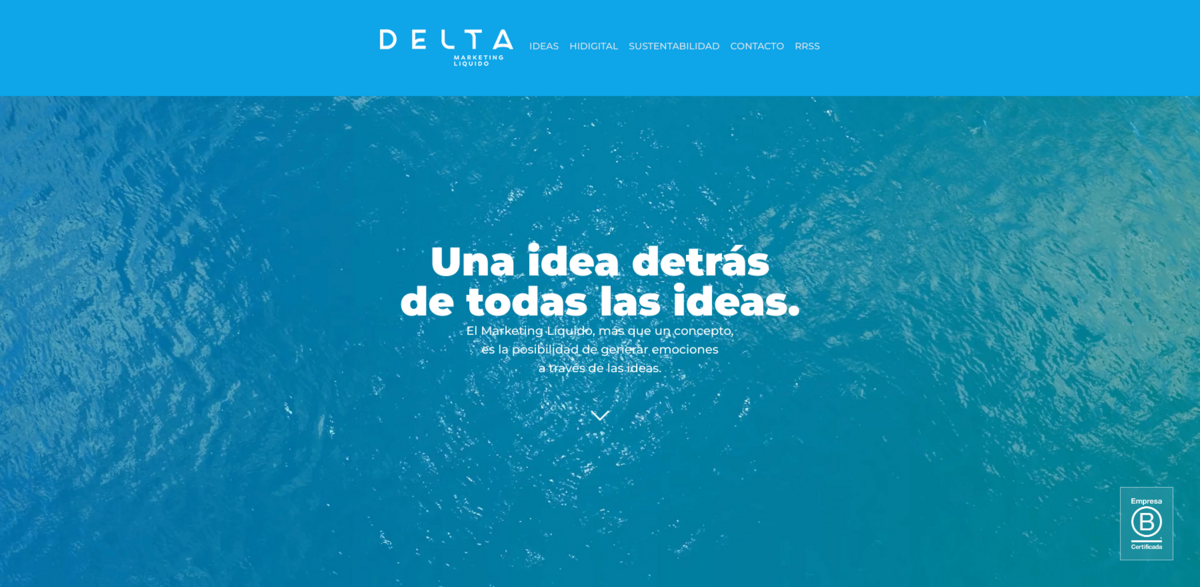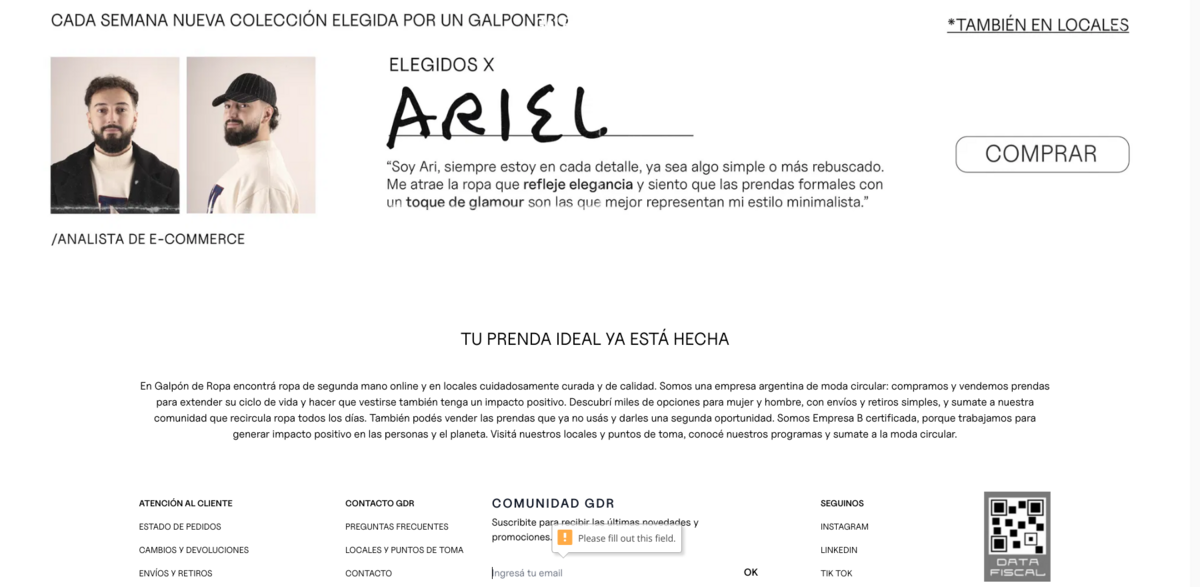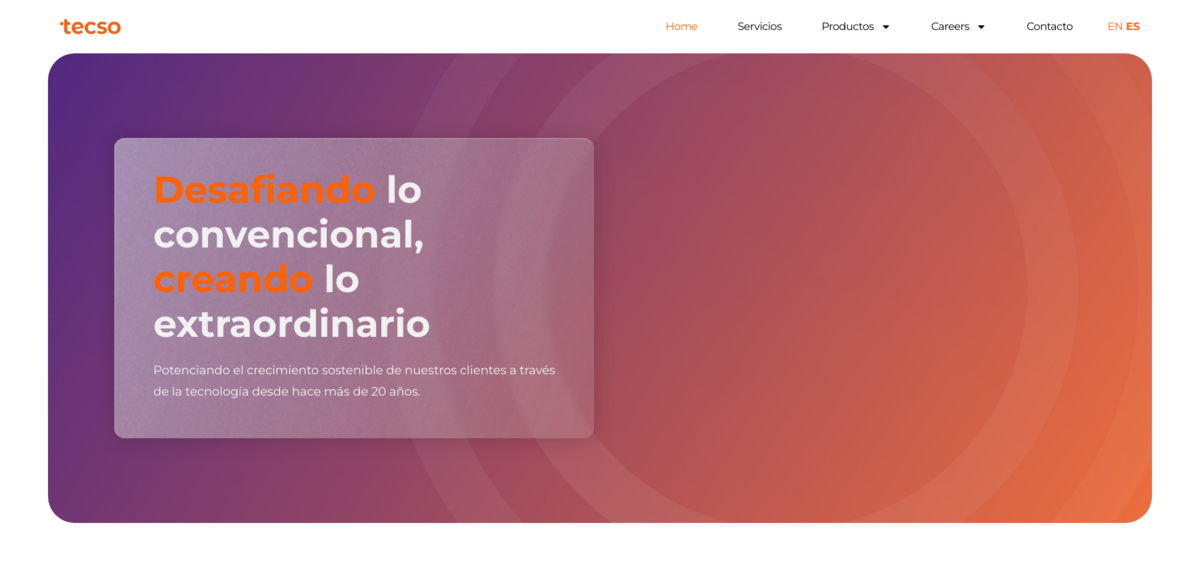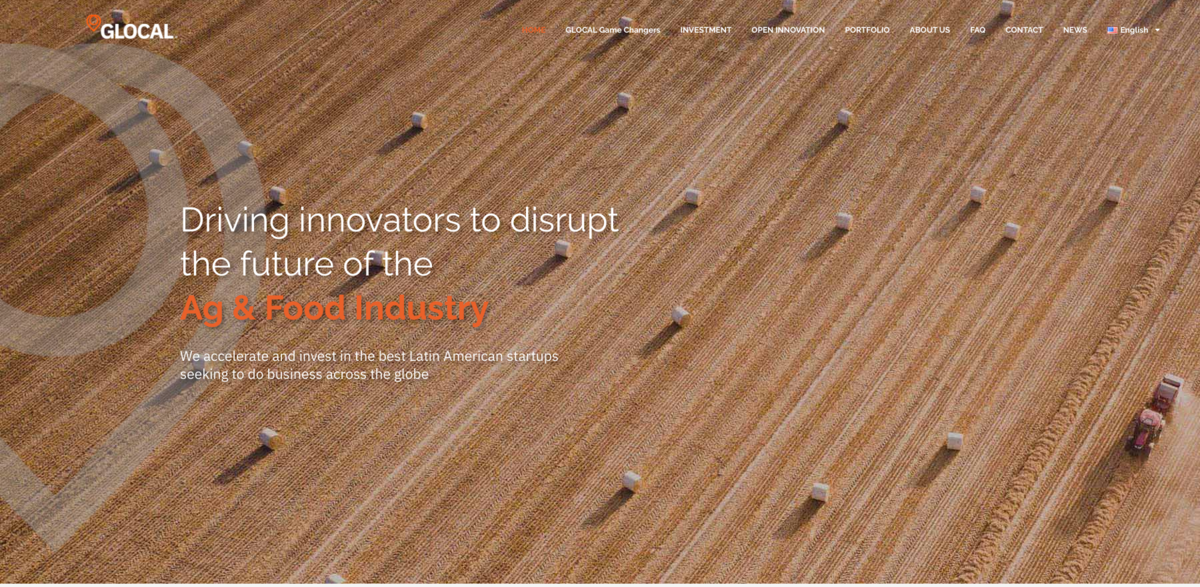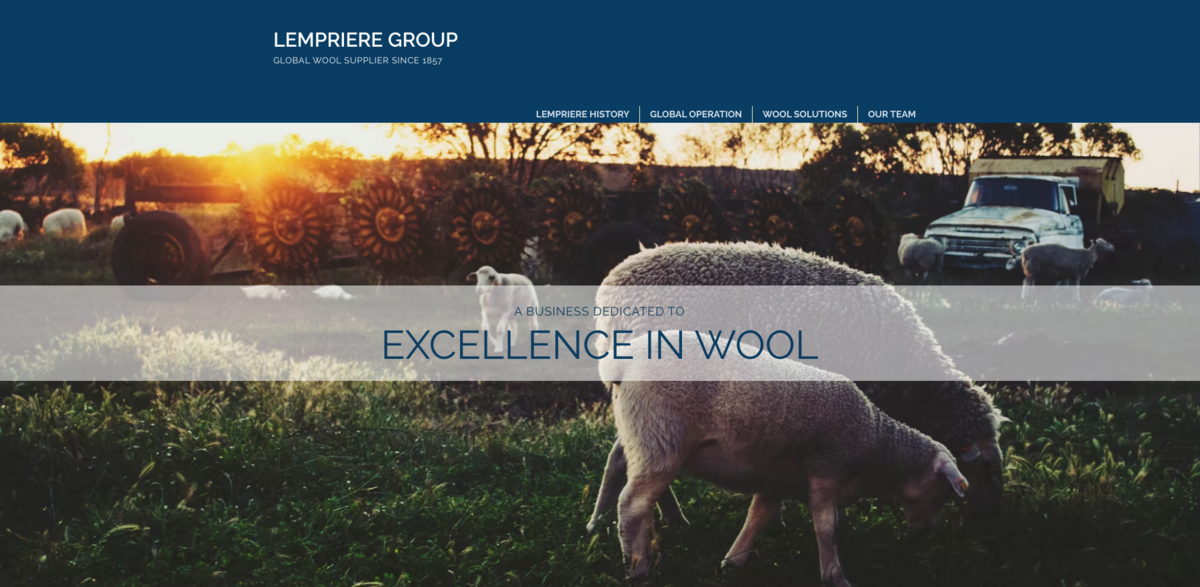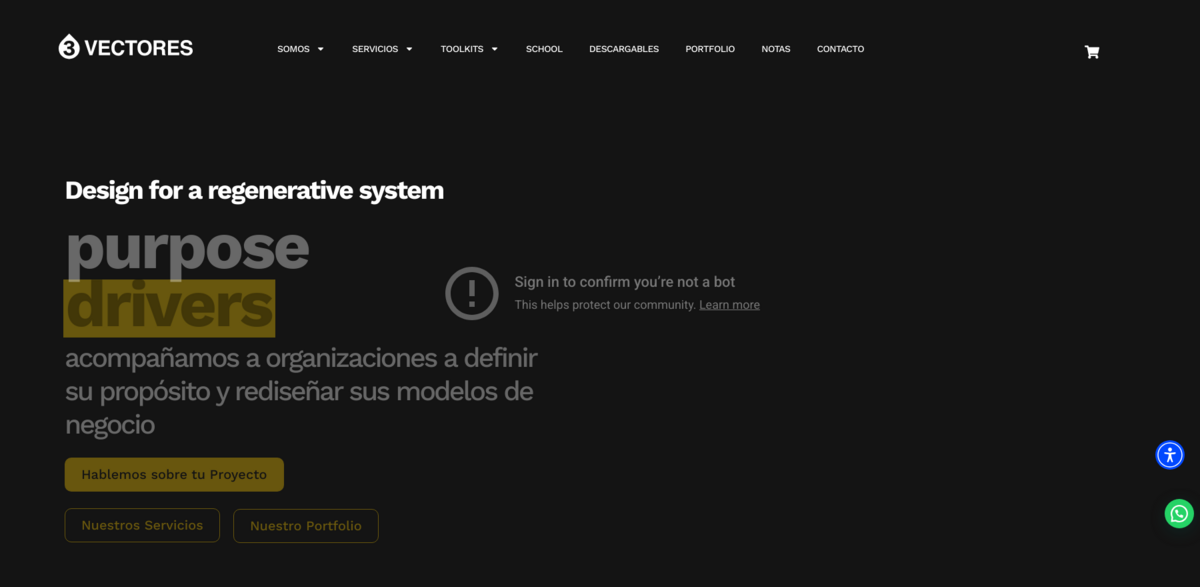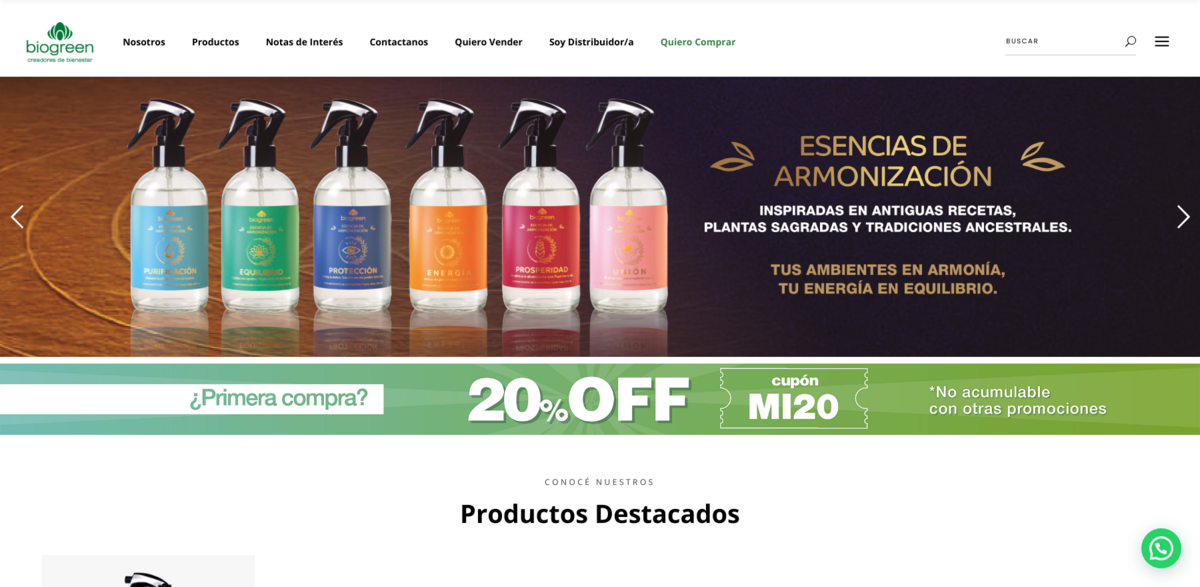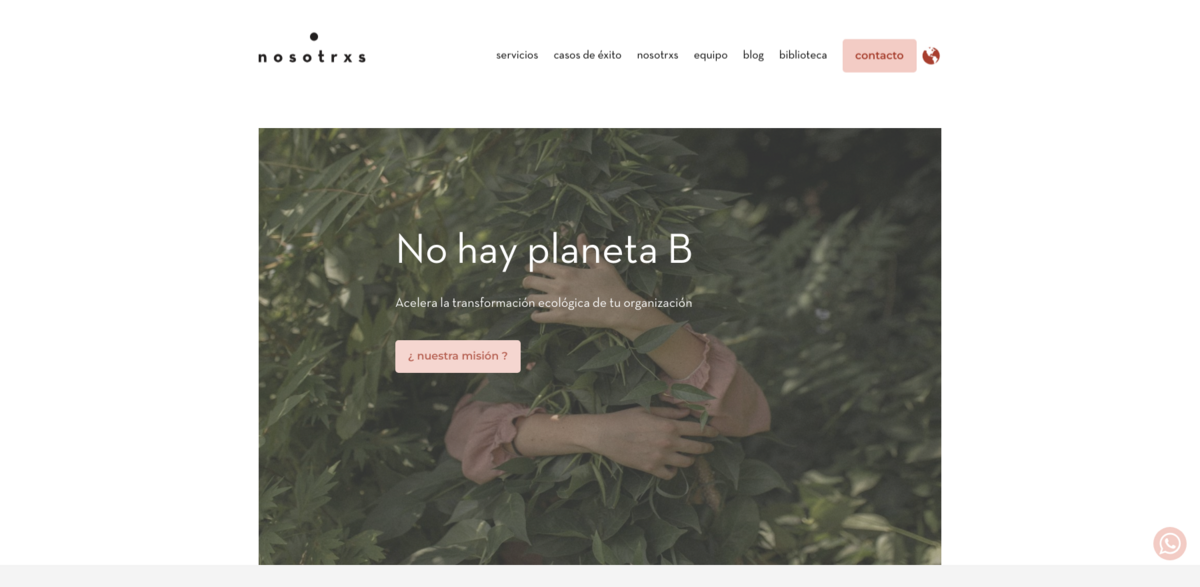SDG 12: Responsible Consumption and Production
Sustainable Development Goal 12 (SDG 12), part of the United Nations’ Agenda 2030, focuses on ensuring sustainable consumption and production patterns. It encourages individuals, businesses, and governments to reduce waste, use resources efficiently, and promote responsible consumption to protect the planet’s ecosystems and resources for future generations.
The world’s growing population and consumption patterns put significant pressure on the planet’s resources. Achieving SDG 12 ensures:
✅ Efficient use of natural resources
✅ Reduction in waste and pollution
✅ Sustainable production processes
✅ Circular economy practices that minimize waste
How Can We Achieve SDG 12?
Governments, businesses, and individuals must work together to:
♻️ Promote recycling and circular economy practices
♻️ Support sustainable production methods
♻️ Encourage responsible consumer choices
♻️ Implement policies that reduce waste and environmental impact

Innovative Solutions for SDG 12: Companies & Initiatives Driving Responsible Consumption
Achieving SDG 12: Responsible Consumption and Production requires global collaboration, innovation in production, and a strong push for circular economy solutions. From sustainable product design to waste reduction strategies and responsible supply chains, these efforts are working to minimize environmental harm and maximize resource efficiency.
Below, we highlight some of the most innovative companies and initiatives leading the charge for responsible consumption and production in the quest to build a more sustainable world.
👉 Explore the list and contribute to a cleaner, greener planet! 🌍♻️
10 projects in Argentina contributing to SDG 12
-
Galpón de Ropa: A Sustainable Circular Fashion Company in Argentina
Galpón de Ropa is an Argentine circular fashion company focused on giving clothes a second life. By buying and selling garments, they promote sustainability and reduce waste. Their commitment to transparency and diversity ensures that everyone can find stylish options that align with their values. Join the movement towards a more sustainable future with Galpón…
-
Tecso: Empowering Sustainable Growth Through Technology Solutions
Tecso is a technology partner that empowers sustainable growth through consulting and software development. With over 20 years of experience, they specialize in sectors like banking, fintech, and agtech, driving digital transformation and innovation. Their commitment to sustainability and collaboration ensures that every project contributes to social and economic development.
-
GLOCAL: Transforming Latin America’s AgriFoodTech Landscape
GLOCAL is an innovation platform in Latin America focused on AgriFoodTech, ClimateTech, and Foodtech startups. With a commitment to sustainability, they provide investment, mentorship, and strategic partnerships to help entrepreneurs tackle global challenges in the agriculture and food supply chain. Their Game Changers program accelerates growth and fosters impactful solutions, making GLOCAL a key player…
-
Lempriere Wool Trading: A Trusted Global Supplier of Quality Wool
Lempriere Wool Trading has been a trusted global supplier of quality wool for over 150 years, serving textile mills and fashion houses worldwide. With a commitment to sustainability and innovation, they source wool from diverse origins and operate a topmaking plant in Bulgaria, catering to the European market.
-
EcoWorks: Engaging Environmental Education Workshops for Sustainable Change
EcoWorks offers dynamic environmental education workshops that empower organizations and individuals to understand their ecological impact. Through hands-on learning and community engagement, participants explore sustainability practices and work towards reducing their carbon footprint. With a focus on B-Corp certification, EcoWorks helps businesses align with responsible practices while fostering a culture of innovation and accountability.
-
Pura Aventura: Thoughtful Travel Experiences Across Latin America and Beyond
Pura Aventura is a travel agency focused on creating unforgettable journeys that prioritize sustainability and community impact. With a commitment to responsible tourism, they offer diverse holiday types across Latin America, Spain, and Portugal. Their unique approach ensures that travelers not only explore beautiful destinations but also contribute positively to the local communities and environments…
Find SDG 12 Projects in your country! Where are you located?
Agriculture & Food Argentina Arts & Culture Australia Austria Belgium Brazil Canada Communities Conservation & Biodiversity Construction & Infrastructure Education Energy Fashion Finance France Governance & Policy Health & Well-being housing Mobility & Transport Netherlands Packaging SDG 1 SDG 2 SDG 3 SDG 4 SDG 5 SDG 7 SDG 8 SDG 9 SDG 10 SDG 11 Services & Consultancy Solar energy Spain Switzerland Technology Tourism United Kingdom United States Waste & Recycling water Water management Wind energy zero waste
FAQ on SDG 12: Responsible Consumption and Production (Agenda 2030)
1. What is SDG 12?
SDG 12: Responsible Consumption and Production is the twelfth goal of the United Nations’ Sustainable Development Goals (SDGs). It aims to promote sustainable practices in both consumption and production to reduce waste, conserve resources, and protect the environment.
2. Why is SDG 12 important?
Our current consumption and production patterns are leading to environmental degradation, resource depletion, and pollution. SDG 12 aims to establish more sustainable practices to ensure that we do not overburden the planet’s resources, ensuring long-term environmental and economic stability.
3. What are the key targets of SDG 12?
Some major targets include:
- 12.1: Implement the 10-Year Framework of Programmes on sustainable consumption and production.
- 12.3: Halve per capita global food waste at the retail and consumer levels.
- 12.5: Substantially reduce waste generation through prevention, reduction, recycling, and reuse.
- 12.6: Encourage companies to adopt sustainable practices and integrate sustainability information into their reporting.
- 12.8: Ensure people have the relevant information and awareness for sustainable development and lifestyles in harmony with nature.
4. How does SDG 12 relate to Agenda 2030?
SDG 12 plays a crucial role in achieving the broader Agenda 2030 by promoting responsible and sustainable behavior across industries and societies. It is closely linked to SDG 13 (Climate Action), SDG 14 (Life Below Water), and SDG 15 (Life on Land), all of which focus on reducing human impact on the environment.
5. What are the biggest challenges to achieving SDG 12?
Some key challenges include:
- Overconsumption and waste generation across industries.
- Unsustainable agricultural practices that contribute to deforestation and resource depletion.
- Lack of awareness about sustainable practices among consumers and producers.
- Resistance to change from companies prioritizing short-term profits over long-term sustainability.
6. How can governments help achieve SDG 12?
Governments can:
- Implement policies that incentivize sustainable production and consumption.
- Enforce regulations on waste reduction and resource management.
- Provide subsidies and tax breaks for sustainable industries.
- Promote awareness campaigns to educate the public about sustainable consumption.
7. What role do businesses play in SDG 12?
Businesses can:
- Adopt sustainable production methods that minimize waste and use fewer resources.
- Develop circular products that can be reused or recycled, reducing waste.
- Promote transparency in supply chains and communicate sustainability efforts to consumers.
- Encourage responsible consumption through product design and consumer education.
8. How can individuals contribute to SDG 12?
Individuals can:
- Make sustainable consumption choices, such as buying eco-friendly products and reducing food waste.
- Support businesses that prioritize sustainability in their operations.
- Reduce personal waste through recycling and reusing products.
- Advocate for sustainable policies and educate others about the importance of responsible consumption.
9. How is progress on SDG 12 measured?
Progress is tracked using indicators such as:
- Resource efficiency in production.
- Reduction in waste generation and increase in recycling rates.
- Sustainable practices adopted by companies.
- Global reduction in food waste and consumer-level waste.
10. Can SDG 12 be achieved by 2030?
While progress is being made, significant transformation in consumption and production practices is required. Achieving SDG 12 by 2030 depends on collective global action, innovative business models, and changes in consumer behavior.
Discover other Sustainable Development Goals (SDG) Initiatives :
- SDG 1: No Poverty – End poverty in all its forms everywhere.
- SDG 2: Zero Hunger – End hunger, achieve food security, improve nutrition, and promote sustainable agriculture.
- SDG 3: Good Health and Well-being – Ensure healthy lives and promote well-being for all at all ages.
- SDG 4: Quality Education – Ensure inclusive and equitable quality education and promote lifelong learning opportunities for all.
- SDG 5: Gender Equality – Achieve gender equality and empower all women and girls.
- SDG 6: Clean Water and Sanitation – Ensure availability and sustainable management of water and sanitation for all.
- SDG 7: Affordable and Clean Energy – Ensure access to affordable, reliable, sustainable, and modern energy for all.
- SDG 8: Decent Work and Economic Growth – Promote sustained, inclusive, and sustainable economic growth, full and productive employment, and decent work for all.
- SDG 9: Industry, Innovation, and Infrastructure – Build resilient infrastructure, promote inclusive and sustainable industrialization, and foster innovation.
- SDG 10: Reduced Inequalities – Reduce inequality within and among countries.
- SDG 11: Sustainable Cities and Communities – Make cities and human settlements inclusive, safe, resilient, and sustainable.
- SDG 12: Responsible Consumption and Production – Ensure sustainable consumption and production patterns.
- SDG 13: Climate Action – Take urgent action to combat climate change and its impacts.
- SDG 14: Life Below Water – Conserve and sustainably use the oceans, seas, and marine resources.
- SDG 15: Life on Land – Protect, restore, and promote sustainable use of terrestrial ecosystems, forests, and biodiversity.
- SDG 16: Peace, Justice, and Strong Institutions – Promote peaceful and inclusive societies, provide access to justice, and build effective institutions.
- SDG 17: Partnerships for the Goals – Strengthen the means of implementation and revitalize the global partnership for sustainable development.


